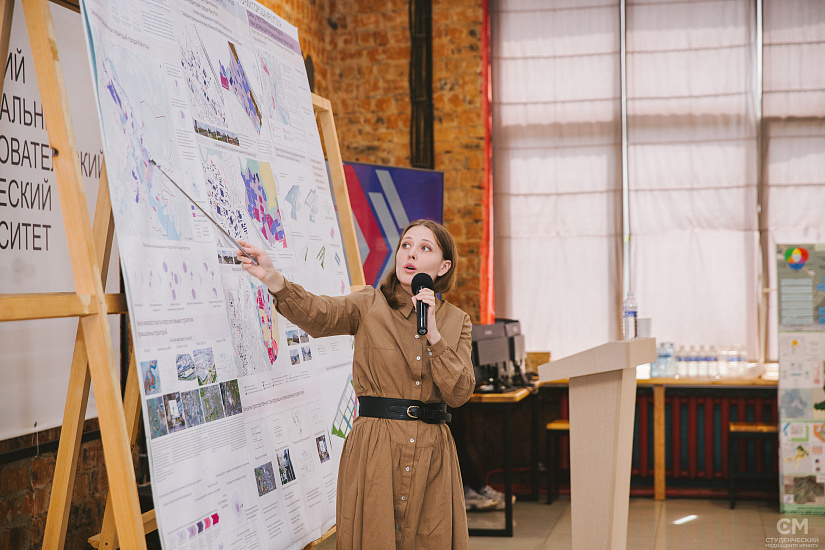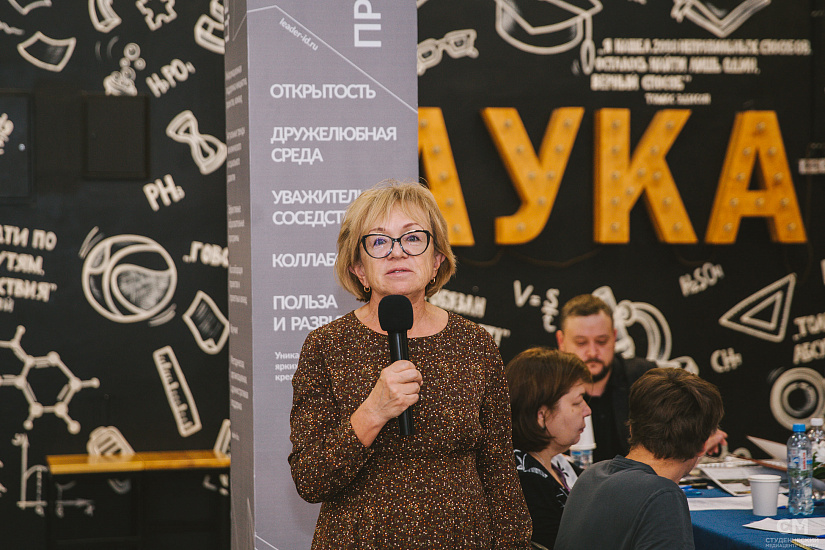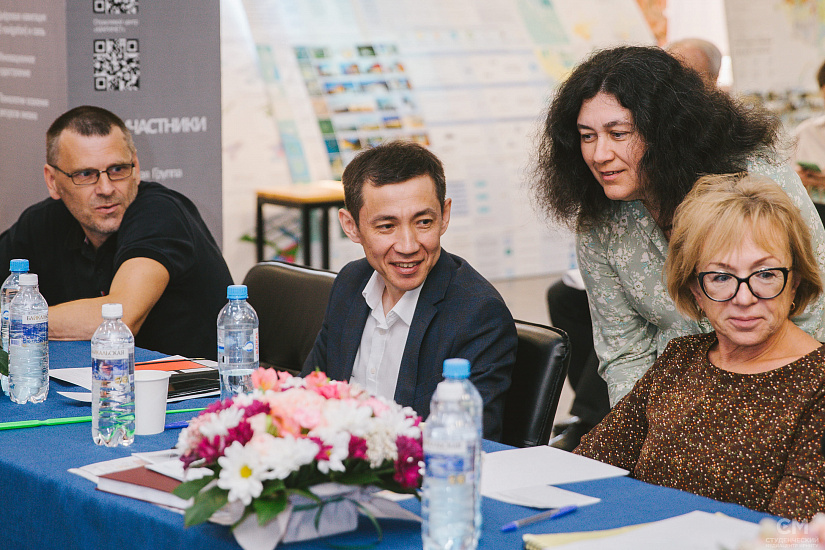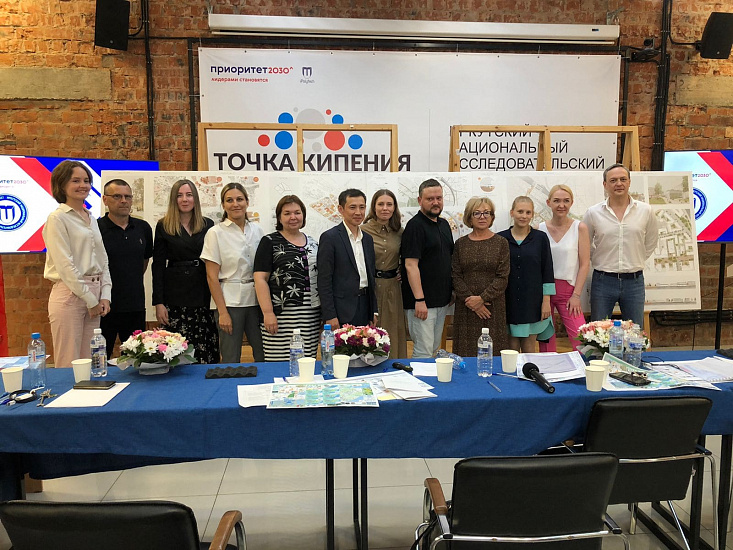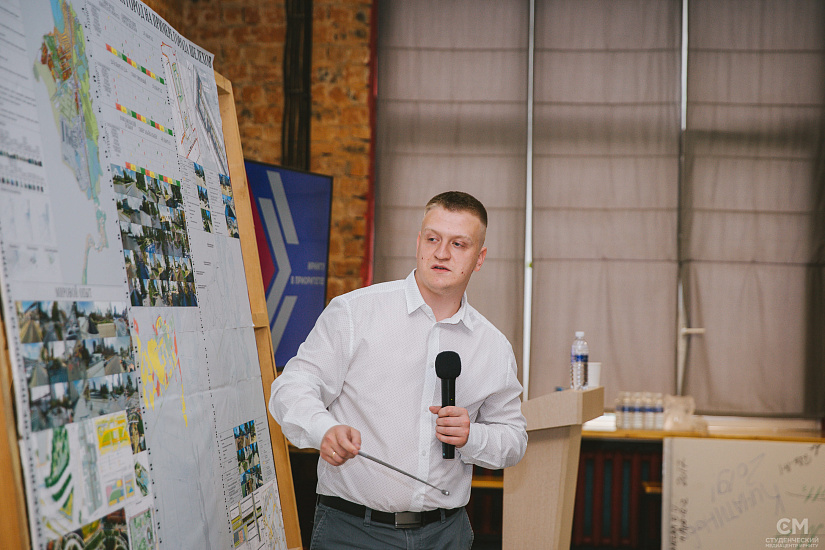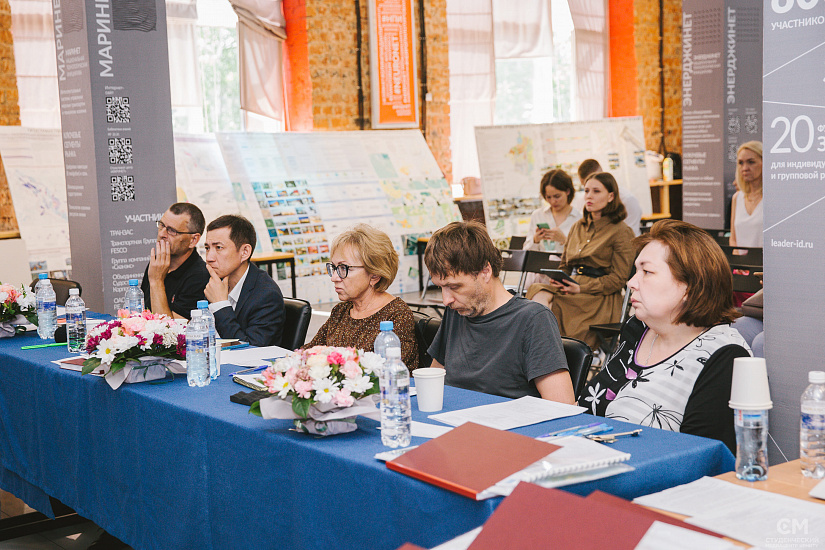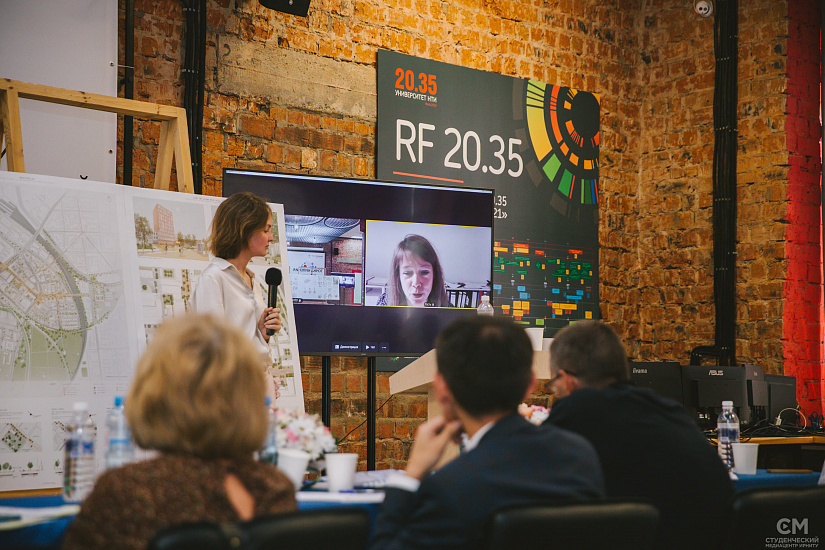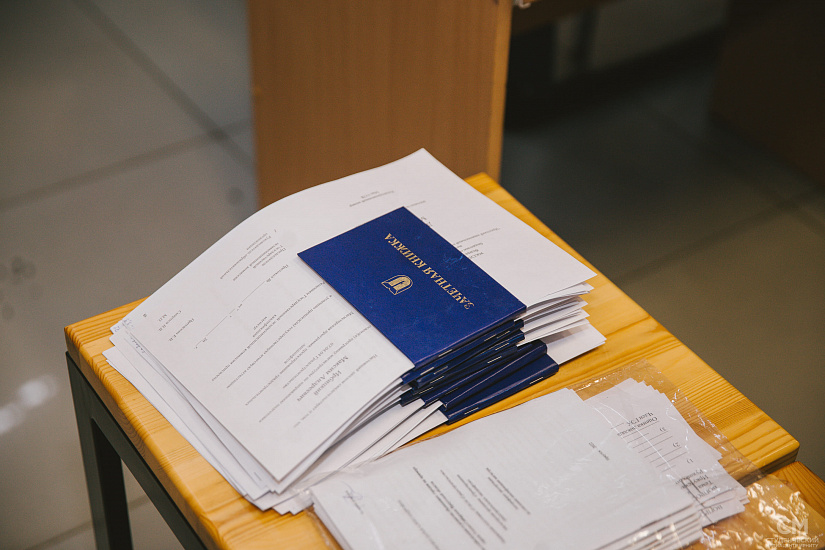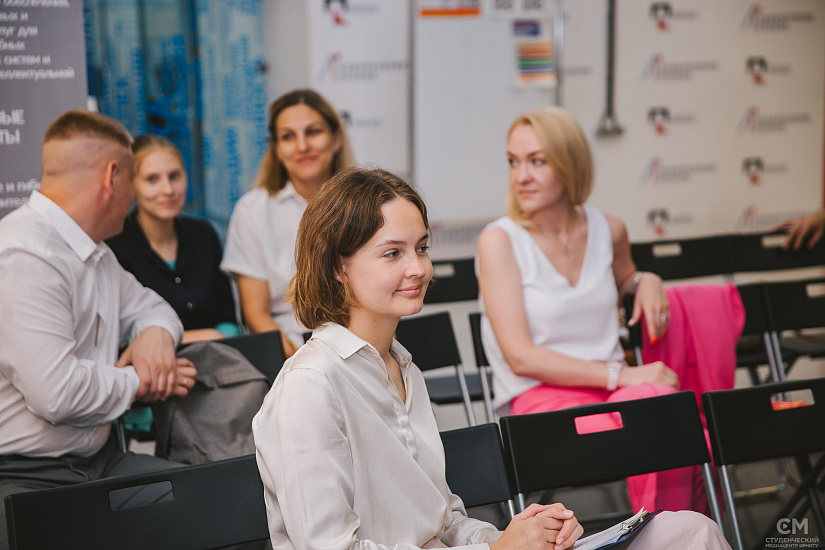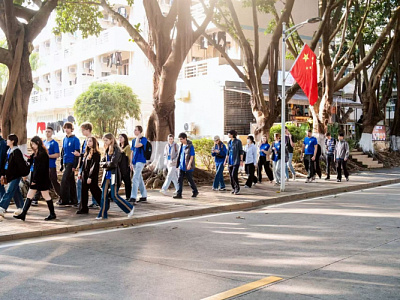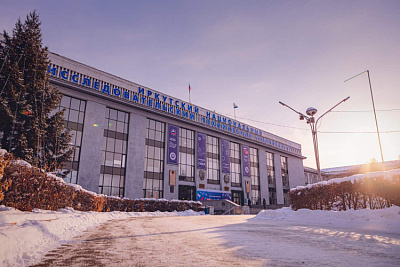Graduates of INRTU's Master's program offered ideas for reintegrating industries and strategies for developing declining cities
Graduates of the Master's program at the Department of Architecture and Urban Planning at INRTU have successfully defended their master's theses. The authors considered the problems of waning and small towns, strategies for the development of rural settlements, and proposed ideas for the reintegration of industrial sites.
According to Evgeniia Puliaevskaia, head of the department, on 15 June there was a graduation of masters in the "Design of Urban Landscapes" program. Eight people defended their theses, many of whom received rating of "excellent". Evgeniia Puliaevskaia called the graduates a real town-planning team, which should solve the problematic issues of Irkutsk Region territories together.
The State Attestation Commission (SAC) gave the highest mark to Daria Averchenko. Earlier she got a degree in sociology at Moscow State University, and worked in the regional department of architecture. Currently she heads the Centre of Competences (a subordinate institution of the Government of the Irkutsk region).
Daria has developed strategies for the stabilisation and development of waning towns. This is the name given to small settlements experiencing urban environment degradation. Her research showed that there are hundreds of territories in Russia where the population loss during the last 30 years amounted to 25%. An example of such a town in Priangarie is Usol-Sibirskoye, where a little more than 75 thousand people live. The key reason for population decrease was closure of the town's major manufacturing enterprise - Usoliekhimprom plant.
Having analysed foreign experience, Daria suggested three development strategies. She considers the concept of a compact town to be the most optimal. The essence of the idea is to give new functions to abandoned industrial and residential buildings. She thinks that an operator entity should be created to work with the territory, find investors and owners and offer the property for sale. It is also important to turn old areas into community centres and spaces. The consequence of the transformation will be new jobs.
Another strategy is based on the idea of subsidised support for the city. The third vector implies changing the profile of Usolie-Sibirskoye, for example, towards green economy. We are talking about possibly launching harmless production facilities, and building an innovation cluster with data centres on the site of the former industrial zone. According to the urban planner, the INRTU branch in Usolye-Sibirsky could also be involved in the renovation of the city. For this purpose a training course for the tourism industry should be opened.
Daria Averchenko thanks her supervisor, Associate Professor Dmitrii Bobryshev, for his support and recommendation to fully develop all three strategies.
Veronika Kozhevnikova's presentation on the spatial reintegration of production using the example of Heidelberg, Germany, was of great interest to the committee. Heidelberg is located in the south of Germany and has 160 thousand residents, 20 thousand of whom are students. Heidelberg is considered a territory of innovation and science, because it was here that the first German university appeared in the 14th century. The area of Heidelberg is home to the Weststadt Industrial District, which has gradually become isolated from the rest of the city. The area is home to a bicycle assembly plant, a steelworks, laboratory buildings and around 10 car repair shops.
It is the opinion of the author that it is important to give Weststadt a new lease of life by integrating the existing site into Heidelberg. It does this by creating additional public spaces, shops and restaurants and by building new residential units in the district.
"The reintegration principles developed in Germany can be applied in Irkutsk with appropriate fine-tuning. This is a promising topic for post-graduate research," stresses Veronika.
She began her work on the project during a six-month internship at the Karlsruhe University of Technology. On INRTU's side, the student's supervisor is Professor Valerii Kozlov. In Germany, the project was supervised by Professor Barbara Engel of the International Department of Architecture and Urban Planning. She attended the February project defence in Europe and supported Veronica by video link at the final presentation in Irkutsk.
The State Attestation Commission was headed by Ekaterina Protasova, the chief architect of the En+ Group company. The expert praised Veronika's project, emphasizing the depth of the research, her particular understanding of the subject, and the dignified manner in which the graphic material was presented.
In addition, the Polytechnic students discussed the transformation of industrial areas and development of the ecological framework of Irkutsk, and design of a social rehabilitation centre in the Angara region. They also paid attention to the problems of shaping rural settlements in the context of globalisation and increasing the attractiveness of small towns.
